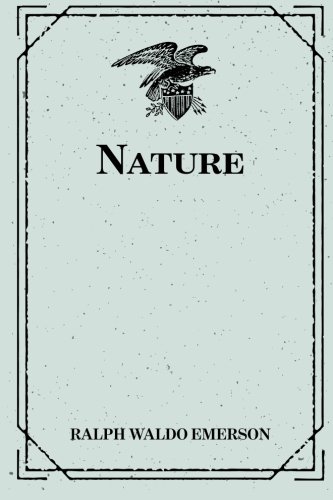Nature
Ralph Waldo Emerson is one of the United States’ most well known authors, and one whose work is still read by every student in the country. Emerson was a lecturer, essayist and poet who became the champion of individualism and ended up becoming the Father of the Transcendentalist movement by the mid-1830s. By the middle
Ralph Waldo Emerson is one of the United States’ most well known authors, and one whose work is still read by every student in the country. Emerson was a lecturer, essayist and poet who became the champion of individualism and ended up becoming the Father of the Transcendentalist movement by the mid-1830s. By the middle of the century, he had published dozens of essays and given thousands of lectures on topics like self-reliance, avoiding conformity, and highlighting the connection between men and their environment. When asked to sum up his work, Emerson explained that he believed in the “infinitude of the private man.”
Emerson’s most groundbreaking work was Nature, an essay that became the foundation of Transcendentalism. Nature espoused an appreciation of nature and argued that there were inherent ties between nature and life, and Nature is often considered the first truly “American” work, in the sense that it did not derive its topic or writing style from Europe first. It also reflected the unique natural environments found across America. Henry David Thoreau was heavily influenced by Nature, which he read while at Harvard. Thoreau later became a protégé of Emerson’s and went on to live at and write about Walden as a result.
Nature is often considered the first truly “American” work, in the sense that it did not derive its topic or writing style from Europe first. It also reflected the unique natural environments found across America. Henry David Thoreau was heavily influenced by Nature, which he read while at Harvard. Thoreau later became a protégé of Emerson’s and went on to live at and write about Walden as a result. Though Emerson had anonymously published Nature, he also sensed the importance of establishing an American style. A year later, he delivered a lecture known as “The American Scholar,” which included Nature in it. In the speech, Emerson declared literary independence in the United States and urged Americans to create a writing style all their own and free from Europe.







Comments